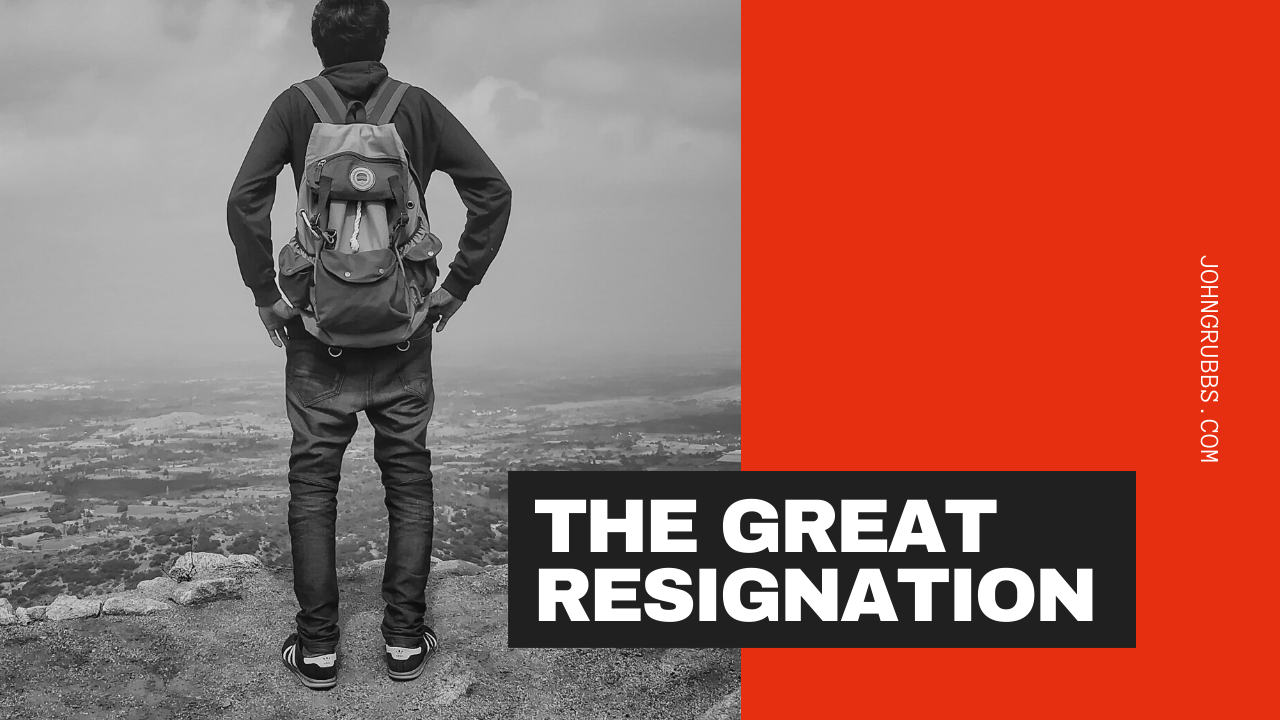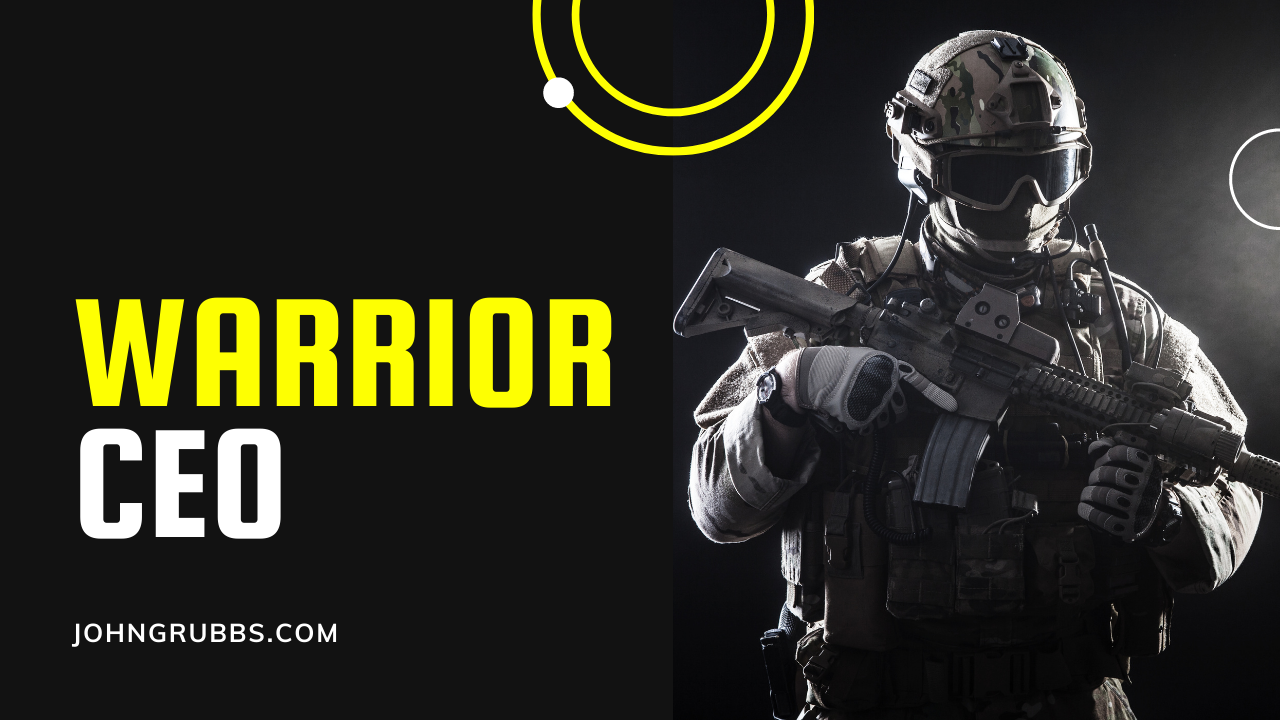
Many mid-tier sales reps believe they know how to sell. Through will and determination, they get the job done. When the market is in decline, these reps fail. When the market is growing, they sell enough to get by. Here is the problem. The representative does not know what she does not know about sales. Her boss does not know any more than the sales representative when it comes to high-level skills required to master the sales profession. Unless the boss was a high-performing sales professional herself, she does not know what the sales team needs to know and do to be successful.

Is fear driving your life? Are you afraid to shine? Does what others think of you matter? Coming of age is typically considered adolescence. I believe it occurs when we stop living based on what others think about us. True freedom comes when the opinions of other people no longer handicap us.

Far too many business leaders rely on “hopium” to retain top talent. There is no plan, no strategy, and sadly, little hope of keeping star performers as the post-pandemic mass migration begins. Prepare yourself for the coming resignations you do not see coming. You will be shocked, hurt, and eventually angry when the people you have invested in announce their departure from the team.
Questions and answers session provide with your private access to premium content.
As a member of my tribe, you have special access to this content. Enjoy!

Your competition is lazy, and you can sense it. Others desire a return to normalcy. Not you. You see an opportunity to exploit weakness. There may never be a better time to attack your competitive enemies. You are the warrior CEO, and the window for taking offensive action will not be open long. Do not allow this pandemic to go to waste.

The struggle is real. You want to be an average person. Yet, mental health remains hidden in the normalcy of your life. You are afraid people will think your abnormal or even broken if you discuss changes regarding your mental status. Let me assure you. No human has a static mental health status. We are all constantly moving toward mania or depression. It is the fluctuations of the human mental health cycle that push in one direction or another.

Leverage is the tool struggling managers get clumsy with at best and are unaware of at worst. Simply put, they are awkward when it comes to using leverage to influence the outcomes they seek. Archimedes said he could lift with the world with a long enough lever. I believe it! Power, as a leader, comes from using leverage in the workplace. Wisdom is present when you can utilize that power while others lack awareness of its presence. Let that thought soak in a moment.

Business is struggling to overcome obscurity in a vast ocean of competition for attention. In a virtual world, getting noticed can be challenging. Not to be cliché, but the struggle is real. As I help businesses recover and rethink reality, people seem to react to the environment instead of leveraging opportunity. Too many companies are simply waiting or hoping for the market they serve to determine their future. This strategy is a colossal mistake at worst and a missed opportunity at best. You can control your future, and you can use the winds (no matter the direction) to your advantage.

Face it; we have all taken top performers for granted at times. It does not mean you are inconsiderate; it means you are human. However, the post-pandemic corporate migration I have predicted is now upon us. Work-from-home (WFH), flexible work arrangements, and virtual solutions are shifting the market for top talent. A qualified CPA can efficiently work for a firm in Wyoming while living on her boat in Florida. For many jobs, location is no longer the barrier as in the past. A recent survey revealed that 25% of employees are considering an employment change. Yes, that includes your best people.

I have been pondering the question about genius thinking. Are some people considered to be geniuses, or do people attain genius-level thinking? In other words, is genius thinking a genetic gift, or is genius a level of thinking we can achieve? If it is something to attain, how do we sustain that level of thinking? Let us dig into these questions and get our minds dirty.

Mary is always late for work, so she must not care about her job. Chet takes too many breaks. He is lazy. Your son still has not cleaned his room after you told him to do so twice. He is ignoring you. Do any of these sound familiar? If so, you are normal.